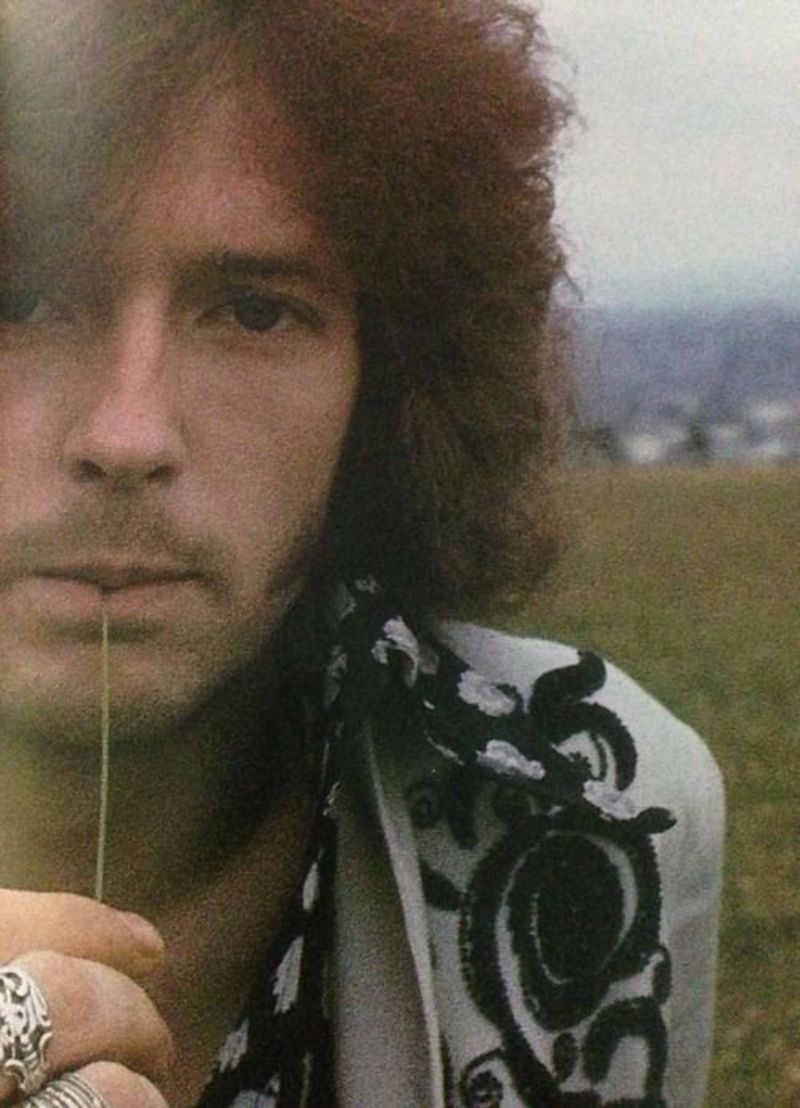Eric Clapton, a name synonymous with guitar virtuosity and musical genius, has charmed audiences worldwide for decades. However, his journey began long before he became a household name. The story of Eric Clapton as a young musician is filled with passion, perseverance, and a relentless pursuit of excellence. Understanding his formative years offers a glimpse into the making of a legend and the influences that shaped his unique sound.
Born on March 30, 1945, in Ripley, Surrey, England, Eric Clapton's early life was marked by a blend of musical exposure and personal challenges. Raised by his grandparents, he was introduced to music at a young age, but it was the electric guitar that captured his heart. As he navigated his teenage years, Clapton's dedication to honing his craft and his love for blues music would ultimately set him on a path towards greatness.
As we delve into the life of Eric Clapton young, we will explore his formative experiences, musical influences, and the milestones that defined his early career. From his first performances in local venues to his rise through the ranks of the British music scene, Clapton's journey is a testament to his talent and resilience.
What Influenced Eric Clapton as a Young Musician?
Eric Clapton's musical influences played a crucial role in shaping his sound. Growing up in the 1950s, Clapton was surrounded by the burgeoning rock and roll scene. He found inspiration in the blues music of artists like B.B. King, Muddy Waters, and Robert Johnson. Their emotive playing and heartfelt lyrics resonated with him deeply, compelling him to explore the genre further.
How Did Clapton's Early Life Shape His Music?
Clapton's early experiences, including the absence of his parents and the challenges he faced growing up, fueled his songwriting and performance. Music became an outlet for his emotions, allowing him to express himself in ways he struggled to articulate otherwise. This foundation of personal struggle and artistic expression would become a hallmark of his music.
What Were Clapton's First Musical Ventures?
In the early 1960s, Clapton began to make a name for himself in the London music scene. He joined several bands, including The Roosters and The Yardbirds, where he showcased his exceptional guitar skills. His time with these groups allowed him to experiment with different styles and collaborate with other talented musicians, further honing his craft.
A Glimpse into Eric Clapton's Biography
| Detail | Information |
|---|---|
| Name | Eric Patrick Clapton |
| Birth Date | March 30, 1945 |
| Birth Place | Ripley, Surrey, England |
| Genres | Rock, Blues, Pop |
| Instruments | Guitar, Vocals |
| Years Active | 1962 - Present |
| Notable Bands | The Yardbirds, Cream, Derek and the Dominos |
| Notable Songs | Tears in Heaven, Layla, Wonderful Tonight |
| Awards | 18 Grammy Awards, Rock and Roll Hall of Fame |
What Role Did The Yardbirds Play in Clapton's Career?
The Yardbirds were a pivotal part of Clapton's early career, giving him the opportunity to showcase his talent on a larger stage. Joining the band in 1963, Clapton quickly gained recognition for his innovative guitar playing and unique style. His tenure with the Yardbirds was short-lived, but it allowed him to experiment with the blues and rock fusion that would characterize his later work.
How Did Clapton Transition from The Yardbirds to Cream?
After leaving The Yardbirds in 1965, Clapton formed Cream with bassist Jack Bruce and drummer Ginger Baker. This supergroup became known for its explosive performances and pioneering sound, blending blues, rock, and psychedelia. Cream's success catapulted Clapton into the spotlight, showcasing his guitar prowess and establishing him as a leading figure in the music world.
How Did Eric Clapton Young Contribute to the Blues Genre?
As Eric Clapton young began to establish himself, he became a prominent advocate for the blues genre, introducing it to new audiences. His passion for the music was evident in both his original compositions and his covers of classic blues tracks. Clapton's ability to merge traditional blues with contemporary rock elements helped bridge the gap between generations, ensuring the genre's continued relevance.
What Challenges Did Clapton Face in His Early Career?
Despite his early success, Clapton faced numerous challenges, including battles with addiction and personal turmoil. These struggles often influenced his songwriting, resulting in deeply introspective and emotional music. Clapton's ability to channel his experiences into his art not only resonated with fans but also solidified his status as a relatable and authentic artist.
What Legacy Did Eric Clapton Young Leave Behind?
As we look back at Eric Clapton young, it’s clear that his early years were foundational in shaping the artist he would become. His passion for music, dedication to his craft, and willingness to confront personal challenges set the stage for a remarkable career. Clapton's influence continues to be felt across genres, inspiring countless musicians and fans around the world.
In conclusion, the story of Eric Clapton as a young musician is one of resilience and passion. His journey through the music world serves as a reminder that great artistry often emerges from personal struggles and a deep love for the craft. As we celebrate Clapton's legacy, we honor the young man who dared to dream and transformed the music landscape forever.
You Might Also Like
Unraveling The Wealth Of Lesley Gibb: A Deep Dive Into Her Net WorthUnveiling The Life Of Josh Heupel's Wife: A Glimpse Into Their Journey Together
Billy Magnussen: Exploring His Relationships
Exploring The Dynamic Duo: Alex And Bonnie Below Deck
Unveiling The Life Of Emmanuel Acho's Wife
Article Recommendations
- How Many Kids Does Blake Shelton Have
- Masa49com
- Nelly And Ashanti Song
- David Lee Roth Daughter
- Delphi Murders Cause Of Death Leaked
- Diddy Beyonce Katt Williams
- Matthew Manda
- David And Rebecca Muir Wedding
- George Clooney Son And Daughter
- Jonathan Roumie Family


